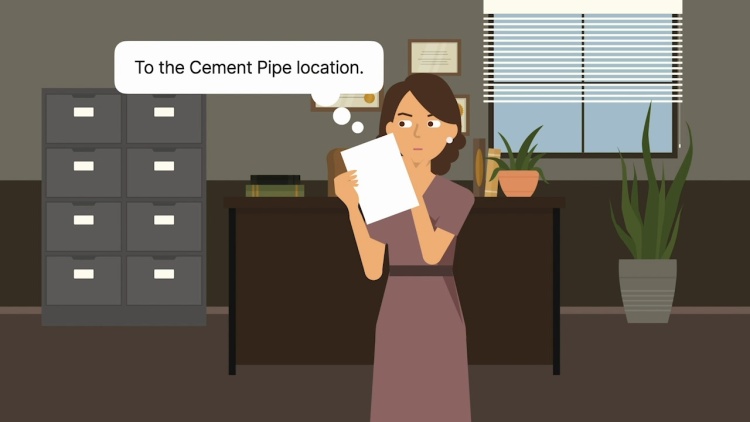Marquette Cement Manufacturing Co. v. Louisville & Nashville Railroad Co.
United States District Court for the Eastern District of Tennessee
281 F. Supp. 944 (1967)
- Written by Mary Pfotenhauer, JD
Facts
Marquette Cement Manufacturing Company (Marquette) (plaintiff) sold cement. Marquette had two divisions. One division, Concrete Pipe, always purchased air-entrained cement, which had the same appearance as regular cement. The other division, Rock Products, always purchased regular cement and then added its own air to the cement. Louisville & Nashville Railroad Company (L & N) (defendant) accidentally delivered a carload of air-entrained cement intended for Concrete Pipe to Rock Products. The bill of lading for the shipment showed that the cement was air-entrained, but the railroad clerk responsible for the mistake did not know what the designation meant or that there was any difference between the cement shipped to Concrete Pipe and the cement shipped to Rock Products. Rock Products added air to the already air-entrained cement, which contractors then used in a construction project. That cement later had to be removed and redone. Marquette sued L & N, seeking consequential damages for: (1) the value of the carload of cement, (2) the freight charges, (3) the cost of replacing the cement in the construction projects, and (4) the amount paid to a concrete-testing laboratory.
Rule of Law
Issue
Holding and Reasoning (Wilson, J.)
What to do next…
Here's why 907,000 law students have relied on our case briefs:
- Written by law professors and practitioners, not other law students. 47,100 briefs, keyed to 996 casebooks. Top-notch customer support.
- The right amount of information, includes the facts, issues, rule of law, holding and reasoning, and any concurrences and dissents.
- Access in your classes, works on your mobile and tablet. Massive library of related video lessons and high quality multiple-choice questions.
- Easy to use, uniform format for every case brief. Written in plain English, not in legalese. Our briefs summarize and simplify; they don’t just repeat the court’s language.





